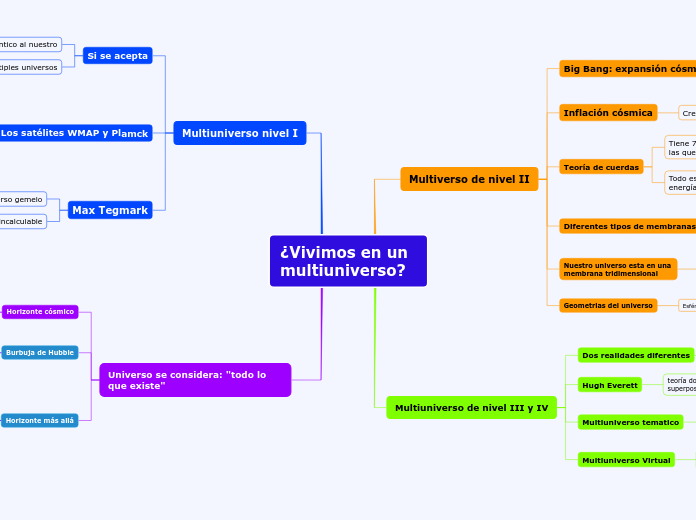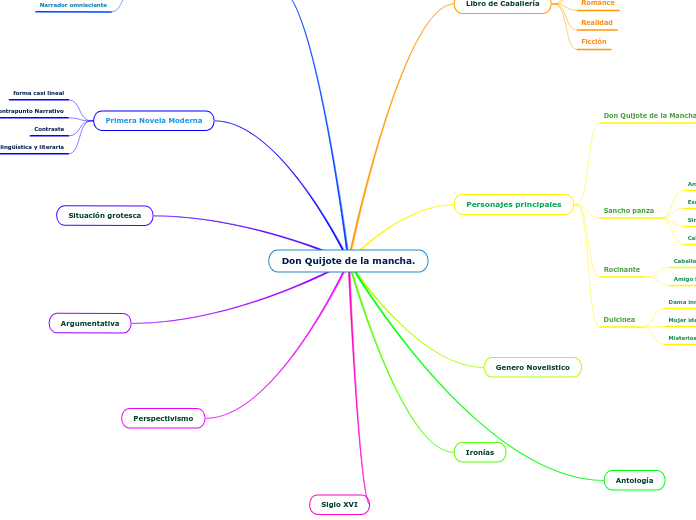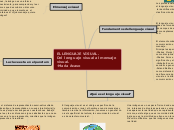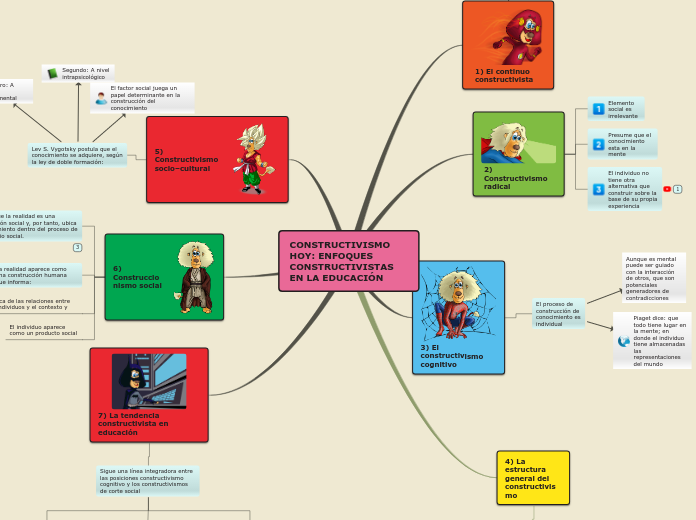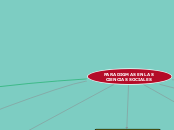¿Vivimos en un multiuniverso?
In linguistics, syntax is the set of rules, principles, and processes that govern the structure of sentences in a given language, usually including word order.
Universo se considera: "todo lo que existe"
A compound sentence is a sentence that has at least two independent clauses joined by a comma, semicolon or conjunction. An independent clause is a clause that has a subject and verb and forms a complete thought.
Horizonte más allá
Se cree que después de nuestro universo existen más universos
Estás característica se le conocen como "multiuniverso de nivel 1"
Posiblemente infinito
Luz que no alcanzamos a observar
Burbuja de Hubble
Create your own compound sentences, using the coordinators above.
El radio de nuestra burbuja de calcula en 42000 de años luz
Es la delimitación de nuestro horizonte
Horizonte cósmico
When independent clauses are joined with coordinators (also called coordinating conjunctions), commas and semicolons, they do more than just join the clauses. They add meaning and flow to your writing.
El universo está en constante expansión
Límite de nuestro horizonte: 13,800 millones de años luz
Multiuniverso nivel I
A complex sentence is a sentence that contains an independent clause and one or more dependent clauses.
An independent clause can stand alone as a sentence, but a dependent clause even though it has a subject and a verb cannot stand alone.
Max Tegmark
The subject clause is a dependent clause that acts as a subject.
La distancia es incalculable
Estima que hay un universo gemelo
Los satélites WMAP y Plamck
A predicative clause may be introduced by conjunctions - that, whether, whether... or, as, as if, as though, because, lest, the way - or connectives.
The latter may be conjunctive pronouns - who, whoever, what, whatever, which - or conjunctive adverbs - where, wherever, when, whenever, how, why.
El espacio está uniformemente lleno de materia
Los estudios apoyan que el espacio continua más allá
Estudian un residuo de Bing Bang
Si se acepta
The object clause is a phrase on which a verb performs an action. It falls at the end of a sentence, and is governed by a verb or a preposition.
Cuenta con multiples universos
Hay un universo idéntico al nuestro
Multiuniverso de nivel III y IV
Multiuniverso Virtual
See the example below and try to create your own simple sentences.
Tim is driving the car with his mother.
El primer videojuego con realidad virtual Pokémon GO
Multiuniverso tematico
See the example below and try to create your own simple sentences.
Tim is the driver.
El multiverso de nivel IV estaría formado por todos los universos posibles con leyes de la física distintas
Hugh Everett
See the example below and try to create your own simple sentences.
Tim drives the car.
teoría donde expone todos los elementos en una superposición
Dos realidades diferentes
See the example below and try to create your own simple sentences.
Tim drives.
depende de las decisiones que tomamos
Multiverso de nivel II
Geometrias del universo
An adverbial is an individual word (that is, an adverb), a phrase, or a clause that can modify a verb, an adjective, or a complete sentence.
Esférico, plano e Hiperbólico
Nuestro universo esta en una membrana tridimensional
The attribute is defined as a quality or characteristic of a person, place or thing.
nadie ha visto todavía indicios de las dimensiones
Diferentes tipos de membranas
The predicative is defined as an adjective or noun forming or contained in the predicate.
Its main trait is that it serves to express a property that is assigned to a 'subject'.
For e.g.: The dog is old.
cuentan con mas de tres dimensiones
Teoría de cuerdas
Traditional grammar defines the object in a sentence as the entity that is acted upon by the subject.
Todo esta compuesto por diminutos hilos de energía
The indirect object identifies the person/thing for whom/which the action of the verb is performed.
The indirect object is usually a person or a thing.
están limitadas en tamaño
Tiene 7 dimensiones mas de las que vemos
The direct object is the receiver of the action mentioned in the sentence.
teoría mas prometedora
Inflación cósmica
The predicate of a sentence is the part that modifies the subject in some way. Because the subject is the person, place, or thing that a sentence is about, the predicate must contain a verb explaining what the subject does and can also include a modifier.
Creo múltiples universos
Big Bang: expansión cósmica
The subject of a sentence is the person, place, thing, or idea that is doing or being something. You can find the subject of a sentence if you can find the verb.
Ask the question, 'Who or what 'verbs' or 'verbed'?' and the answer to that question is the subject.
Teoría aceptada por la mayoría de los científicos, propuesta por Alan Guth en 1981
